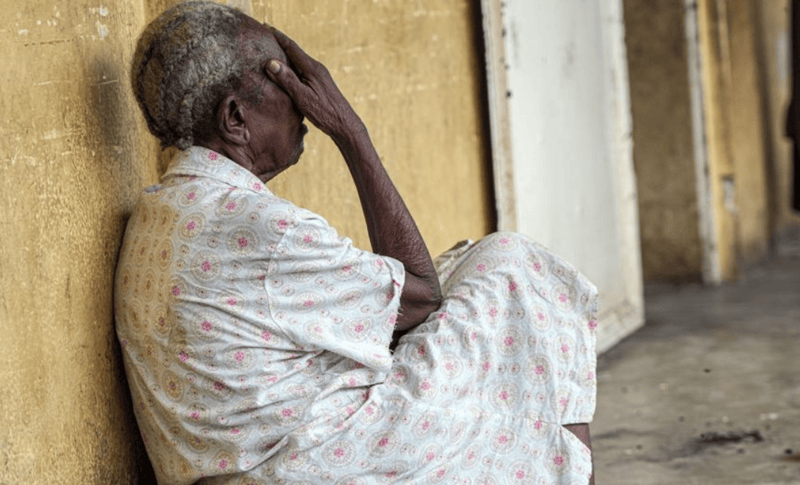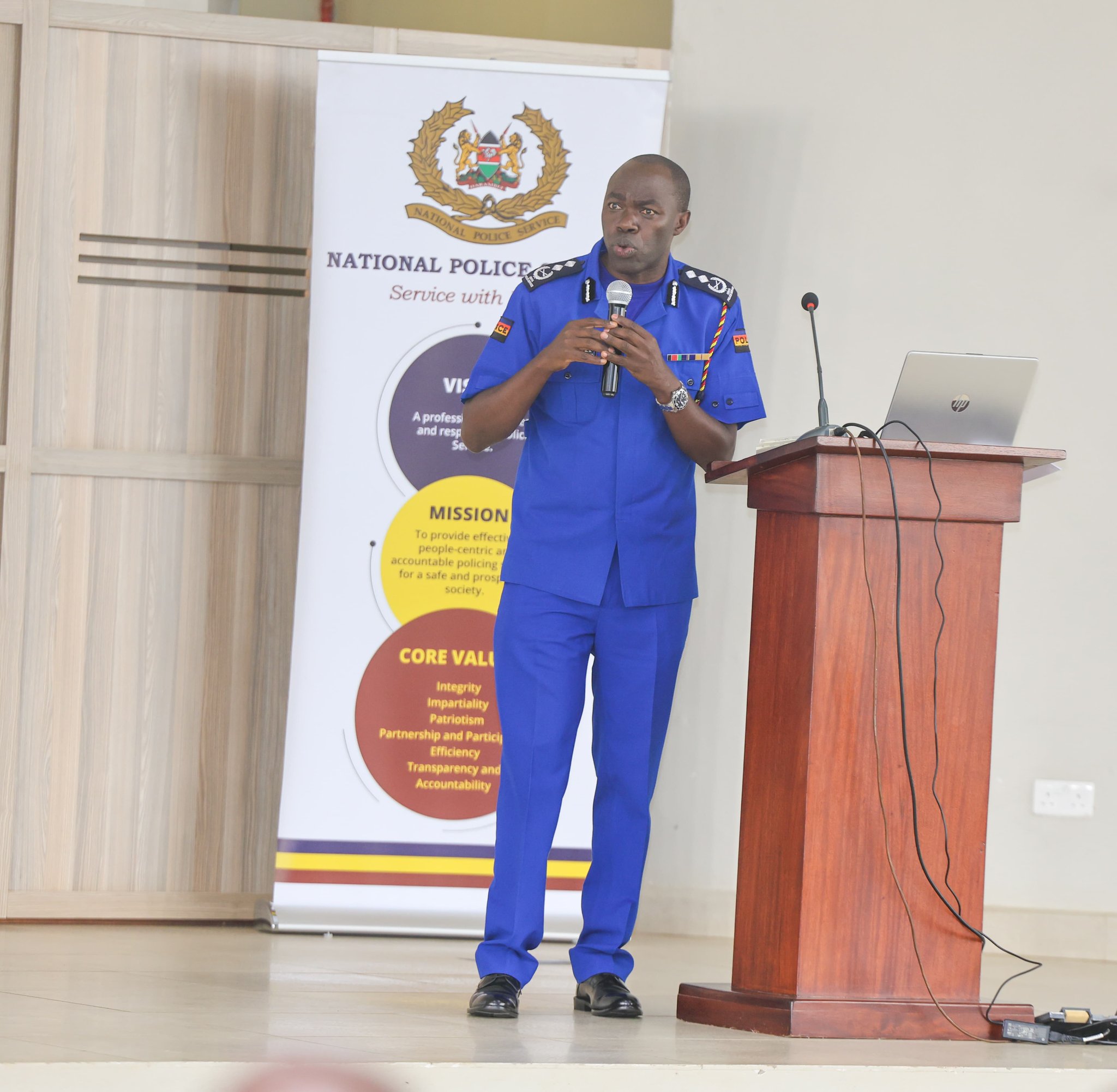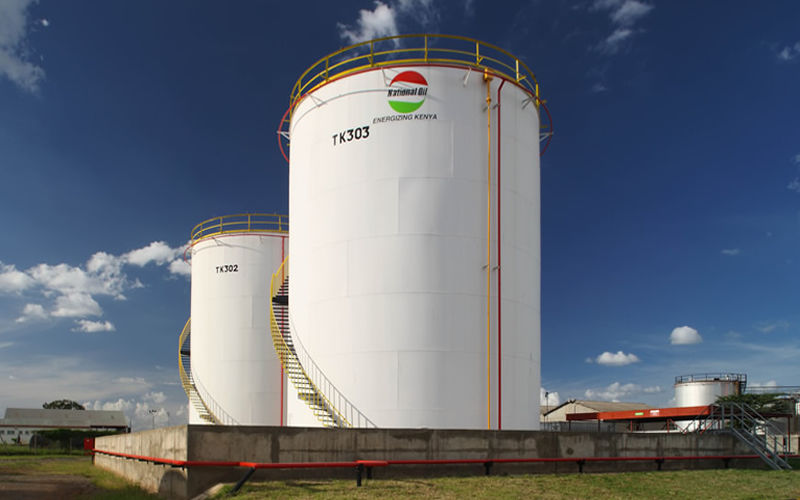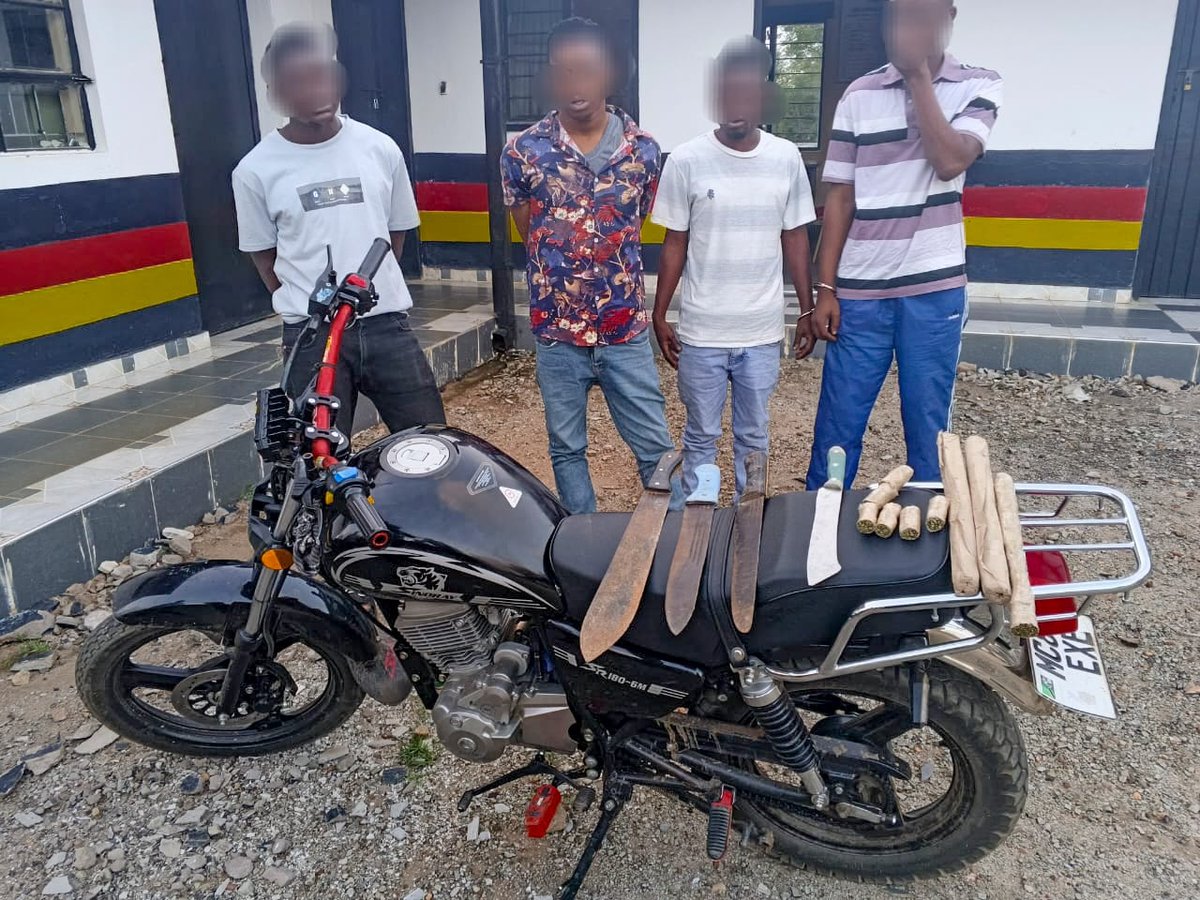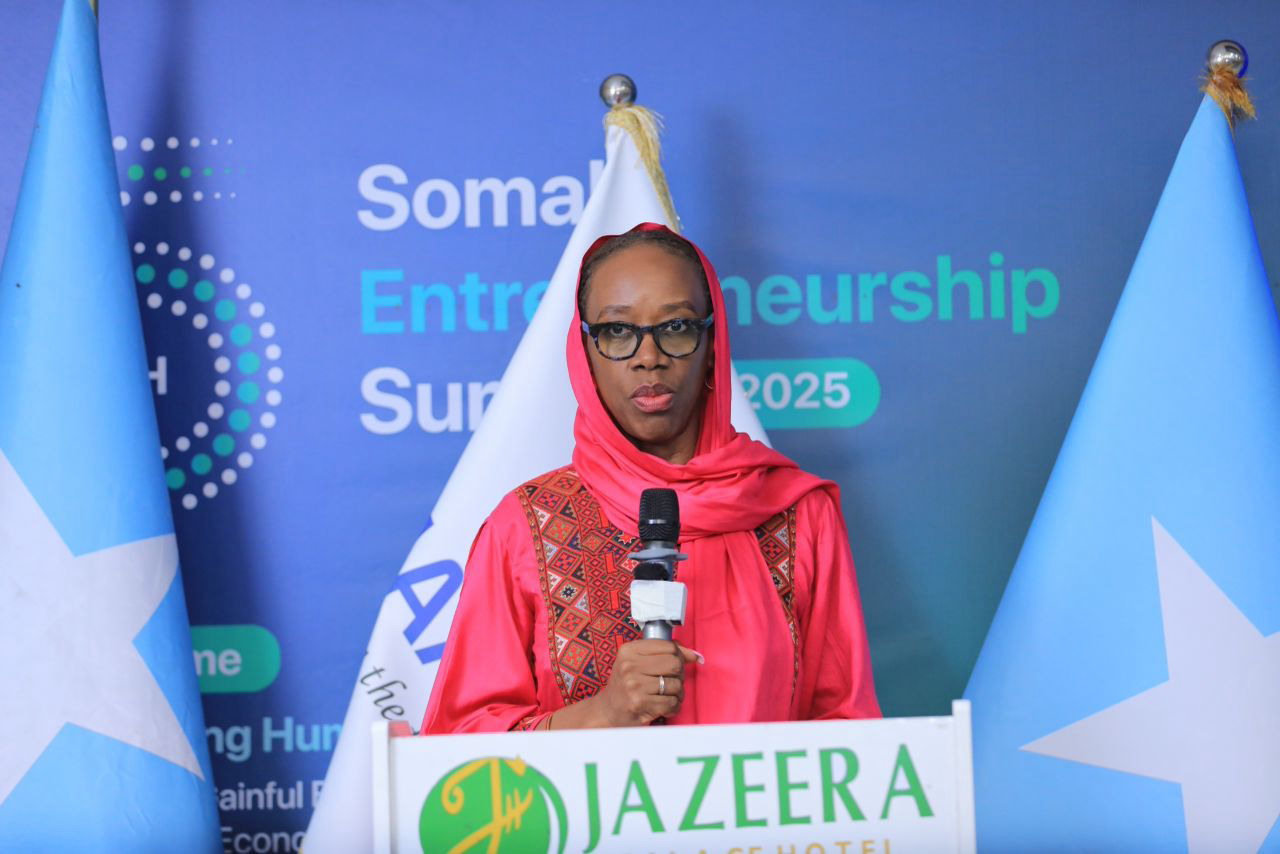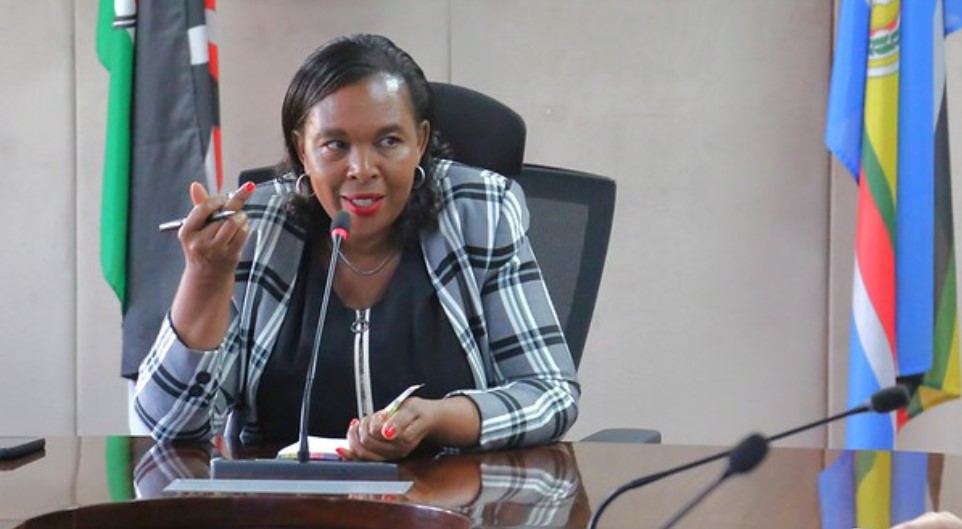KURA defends Sh175 billion roadworks deal as contractors waive 35 per cent interest on pending bills
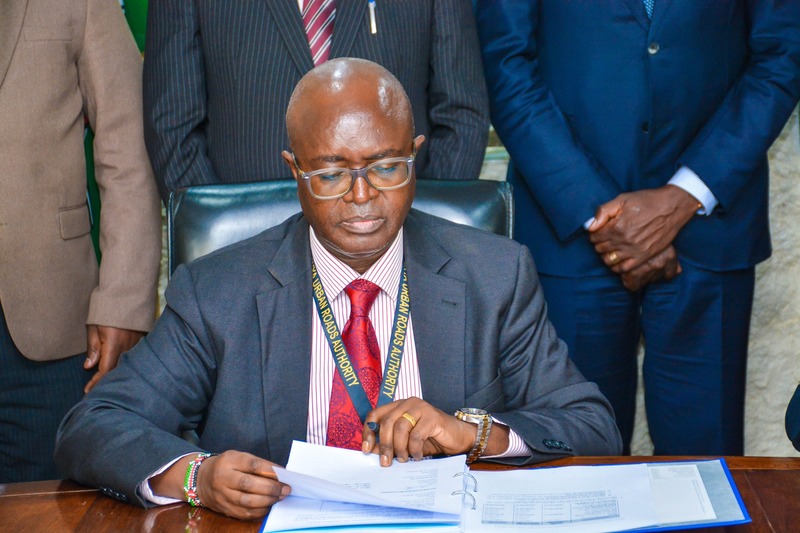
The funds are being used to clear pending bills owed to contractors, pay interest on delayed payments, and settle land compensation fees to pave the way for resumed works.
A wave of renewed activity on Nairobi’s roads has signalled the return of contractors to sites that had long fallen silent due to unpaid government dues.
This resurgence comes after the government unlocked Sh175 billion for roadworks through an innovative financing model that has revived hundreds of stalled projects without resorting to fresh borrowing or tax increases.
More To Read
- KeNHA warns against hazardous pedestrian crossings under footbridges
- Man moves to court to oust KURA boss Silas Kinoti from office
- KURA dispels rumours over ‘strange structures’ on Kenyatta Avenue
- Senate probes KeNHA Kiambu Road project over exclusive foreign tender restrictions
- Cabinet approves 40 per cent top-up for road contractors, gives nod to KPC privatisation
- MPs propose three-year term limit for state corporation CEOs
From Waiyaki Way to Ngong Road and Kenyatta Avenue, road construction is visibly back in motion following a major cash injection made possible through the securitisation of part of the Road Maintenance Levy Fund.
The decision marks a critical turning point in resolving long-standing financial bottlenecks in the infrastructure sector.
"It’s an idea we toyed with for some time until we got support from the highest office in this country for us to move on," said Silas Kinoti, Director General of the Kenya Urban Roads Authority (KURA).
Under the new financing arrangement, the government has taken Sh7 from every Sh25 taxed per litre of fuel, meant for road maintenance and repackaged it into a financial product. This product was then sold to investors, generating an upfront payment of Sh175 billion, to be repaid over seven years.
The funds are being used to clear pending bills owed to contractors, pay interest on delayed payments, and settle land compensation fees to pave the way for resumed works.
Over 580 previously stalled projects across the country are expected to benefit, many of them located in Nairobi.
"Out of the Sh175 billion, part of it is for road works, part of it is for interest on delayed payments, and part of it is for land compensation to create avenues to put up those roads," Kinoti explained.
The accumulation of these unpaid bills stretches back to 2016, raising questions about the government’s financial planning and oversight.
The situation worsened during the COVID-19 pandemic when available funds were redirected to the health sector, according to Acting Kenya National Highways Authority (KeNHA) Director General Luka Kimeli.
"Then we had COVID, which came in 2020. Around that time, so much focus was put on the health sector, and the ongoing roads did not get sufficient funds to be able to be paid," Kimeli stated.
So far, 40 per cent of the outstanding payments have already reached contractors. Another 40 per cent is expected to be released within two weeks, with the remainder to follow soon after.
However, concerns have emerged over the handling of interest accrued on the pending bills. Contractors were required to forfeit 35 per cent of the interest due to them.
"It was a negotiation, a willing... in fact, initially we offered they waive 50 per cent, we negotiated until they agreed to waive 35 per cent of the interest. So now what we did is we paid 40 per cent of the 65 per cent. There was no coercion or anything; it was a negotiation," Kinoti clarified.
Despite the progress, some Kenyans fear that diverting part of the Road Maintenance Levy to repay old debts could undermine the upkeep of existing roads. The government has also proposed securitising an additional Sh5 from the levy.
"In terms of how it is going to affect maintenance works, we don't think... Yes, there will be some slight reduction in terms of what can be done with the remaining money, but really, it was worth doing," Kimeli said.
According to tax experts at KPMG, securitising public funds is not a new practice globally, but it is a first for Kenya.
"The issues of securitising public funds became more common in the ’80s and ’90s, and of course, with Europe and all that. But now, coming to Africa, most of them started in the year 2000. It's the first time that we are trying to see this one from a Kenyan perspective—of course, driven by the struggle of trying to raise public revenue," noted James Kimani, Associate Director at KPMG Tax and Regulatory Department.
Kimani added that the government is likely to turn to securitisation more frequently as other avenues for raising revenue become difficult, particularly in the run-up to the 2026/2027 period.
"We are likely to see the government going that route, and particularly as we go into 2026/2027, it will become difficult to raise taxes, and therefore, mobilising domestic revenue becomes more difficult. So the only option is to look at other funds that we have, like the SHIF, the affordable housing levy—particularly the ones that are ringfenced and cannot be used for other purposes - then we can be able to obtain the current cash flow," Kimani added.
Top Stories Today


